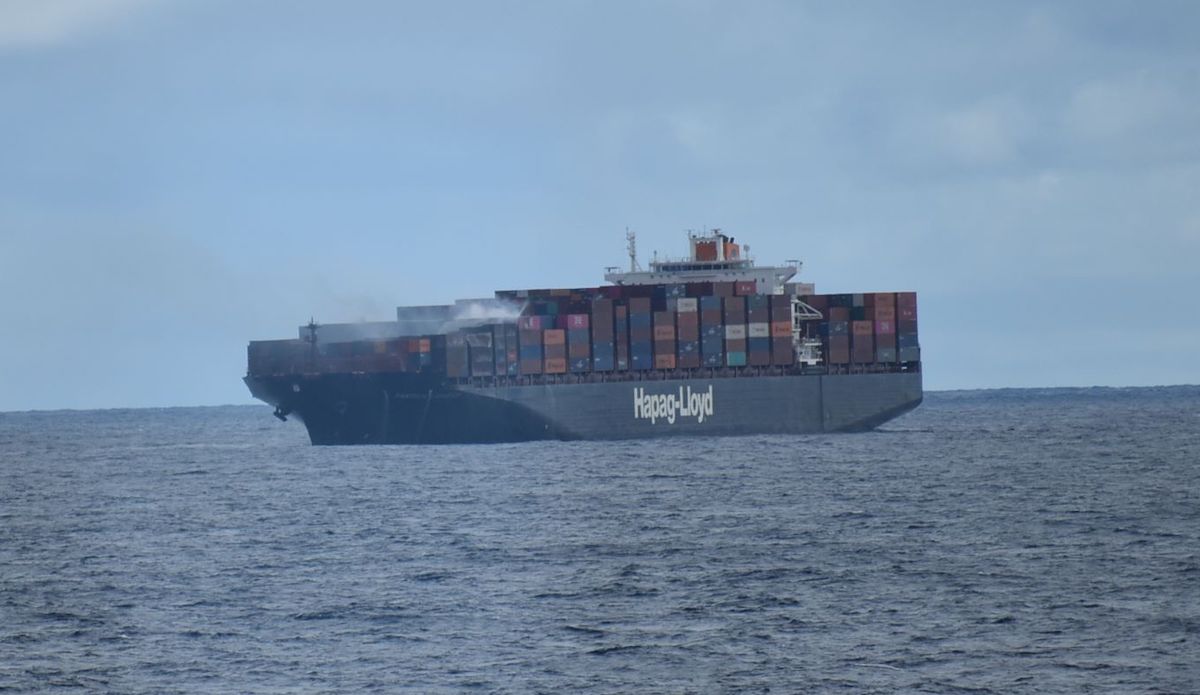Freight Rates Stall After Lunar New Year as Carriers Eye Blank Sailings
Container freight spot rates on the major trades saw limited movement this week as supply chains in China slowly began to restart following the new year holiday.

The shipping industry is implementing enhanced safety protocols for charcoal transportation ahead of mandatory International Maritime Organization (IMO) regulations set for 2026. The initiative comes in response to a series of devastating fires aboard vessels caused by improperly handled charcoal shipments.
“We’ve seen too many preventable fires onboard vessels caused by improper handling of charcoal,” explains Joe Kramek, President and CEO of the World Shipping Council (WSC). “These fires endanger crew and cargo and have had tragic consequences.”
Containership fires have been on the rise, often due to mis-declared hazardous cargo. According to the 2023 Allianz Safety and Shipping Review, there have been 64 reported fires on containerships in the previous five years. In 2022, fire-related incidents at sea increased by over 17% compared to the previous year. One of the key factors contributing to these fires is hazardous cargo that has not been declared, mis-declared or that has not been properly packed by shippers.
Despite regulations, mis-declaration and non-declaration of dangerous goods in transport pose challenges, increase the risk of ship fires, and make firefighting more difficult.
Under the new regulations, all charcoal shipments must be classified as dangerous goods within the International Maritime Dangerous Goods (IMDG) Code framework. The World Shipping Council, collaborating with IGP&I and TT Club, has developed comprehensive guidelines to assist shippers with the transition.
Key safety measures include mandatory temperature controls, with charcoal not exceeding 40°C on packing day, and specific stowage requirements mandating a 30cm gap between cargo and container top. The regulations also eliminate previous exemptions, introducing new Special Provision 978 and requiring detailed documentation for all shipments.
“Treating all charcoal as dangerous goods ensures uniform safety standards and gives everyone involved – from shippers to carriers – the tools and clarity needed to prevent future tragedies,” Kramek emphasized.
Industry stakeholders are urged to act promptly to ensure compliance, with requirements including mandatory IMDG Code training for shore-based staff and adherence to the IMO/ILO/UNECE Code of Practice for cargo transport units.

Sign up for gCaptain’s newsletter and never miss an update

Subscribe to gCaptain Daily and stay informed with the latest global maritime and offshore news
Essential news coupled with the finest maritime content sourced from across the globe.
Sign Up